Today, we’ll explore Italy’s Aosta Valley (Valle d’Aosta) and Gran Paridiso National Park (Parco Nazionale del Gran Paradiso). It was a day of waterfalls (cascate), hiking, and grand views. Today is the 5th day of our European adventure, and our first full day in Italia.
Breakfast
This morning, we awoke in our apartment, La Roche, and headed over to the dining room for breakfast.
Pont d'Aël
After checking out of our hotel, we departed the city of Aosta down SR47 to the Pont d’Aël, a Roman aqueduct built in 3BC to provide water for the new Roman colony of Augusta Praetoria, which is now Aosta. Pont d’Aël is one of three remaining intact Roman bridges in the Aosta region. The Torrente Grand’ Eyvia flows under the bridge. We paid a small entrance fee, walked across the aqueduct, and then back through the inside of it on a glass floor.
Parco Nazionale del Gran Paradiso
Continuing past Pont d’Aël on SR47, we traveled to the village of Lillaz in the Cogne Valley to visit the Cascate di Lillaz in Gran Paradiso National Park (Parco Nazionale del Gran Paradiso). This three-stage waterfall totals 240m (787′). The river Torrent de Valeille feeds the falls. It’s quite amazing how the Italians have built roads and tunnels to even the most remote part of the mountains.
Aosta
Next, we left Lillaz and drove back down to Aosta. Aosta is the capital and largest city in Valle d’Aosta. The city is full of Roman ruins and history, so we walked around the downtown for a while, and stuck our heads in a few shops. It was very difficult to find parking, but once we did, it was free – a huge plus around here. Apparently any space with white lines is free, while blue-lined spaces require validation (at least that’s what I gathered from having a Google Translate-facilitated conversation with a woman who only spoke Italian).
Flag
The Aosta Valley (Valle d’Aosta) is region of Italy that borders the Swiss canton of Valais on the north, and the French region of Auvergne-Rhône-Alpes on the west. Valle d’Aosta is one of five Italian regions granted governing autonomy by the constitution. The Italian government did this in an effort to protect cultural and linguistic minorities, and to prevent secession after WWII. The region has only 128,000 inhabitants.
The region’s official languages are Italian and French. However, much of the population speaks Valdostan (Valdôtain), which is a dialect of Franco-Provençal (a.k.a. Arpitan). Franco-Provençal is considered an endangered language.
Coat of Arms
Lunch
Soon, it was time for lunch. We went to La Bottega Degli Antichi Sapori, a restaurant we’d spotted the night before. We ordered some ravioli stuffed with some kind of spiced meat in a fontina cheese sauce, a caprese salad, and tagliatelle with local pork, parmigiano reggiano, and a buttery sauce. The food was incredible, and we thoroughly enjoyed the meal.
La Bottega Degli Antichi Sapori
Aosta, Italy

A truly spectacular meal – both times I have visited.
* – Would definitely visit again
** – Exceptional, must visit if you’re in the area
*** – Worth making a special trip to eat there
After lunch, we walked down the street to Gelaty to get some gelato. It was incredible, and we enjoyed it as we walked around the town a bit longer.
Waterfalls, Part II
Leaving Aosta, we drove west to the village of La Joux in the town of La Thuile to see the Cascate del Rutor. Cascate del Rutor is the highest waterfall in Italy, thundering down 700m (2,296′) in three stages. It’s fed by the Rutor glacier.
Unfortunately, the trail to the waterfall was closed due to avalanche danger. Disappointed, we turned around and drove back down the winding road towards Mont Blanc.
Hotel de L'Arve
We arrived at Hotel de L’Arve in Chamonix, France around 17:15, and immediately enjoyed some afternoon tea and house-made baked goods in the hotel lobby.
Chamonix
We took the remainder of the evening to explore Chamonix. The sunset was beautiful, as was the scenery. We went in a few stores, grabbed a croissant and a chocolate croissant from a local bakery for a snack, and then headed back to our hotel for the evening.
Map // Subscribe
Thanks for reading! If you haven’t already, click to subscribe to our posts.
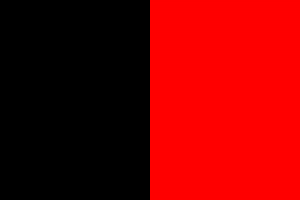
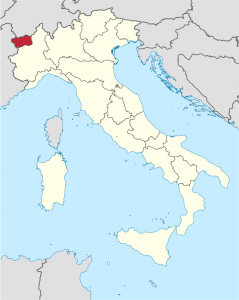
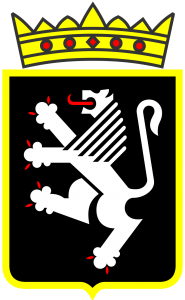
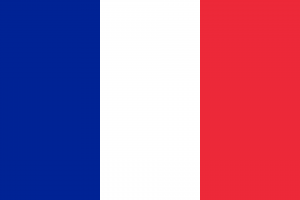
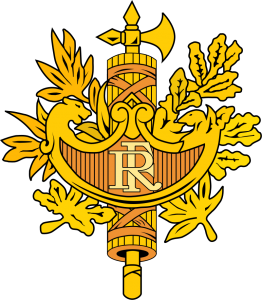
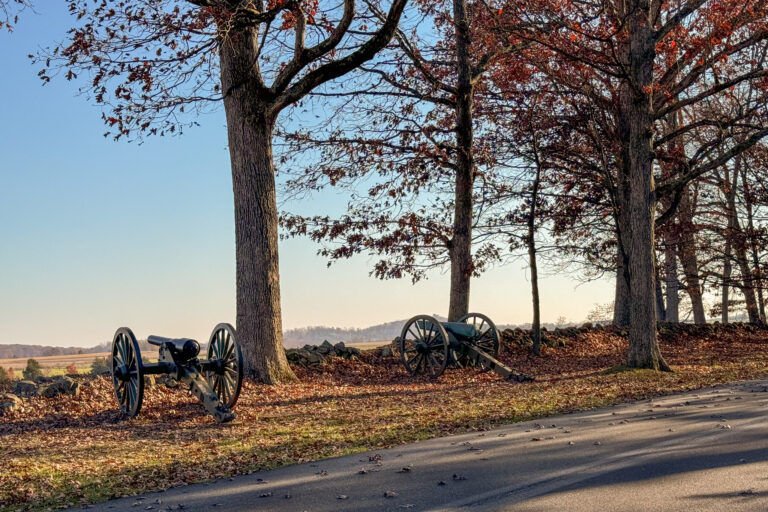
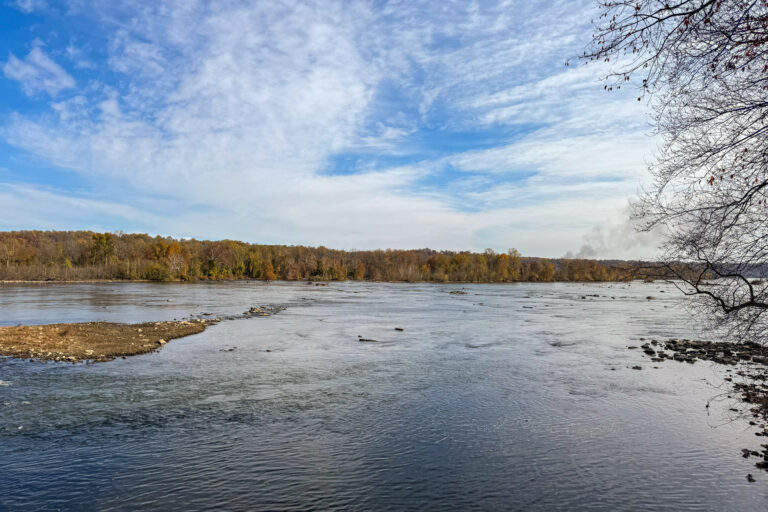
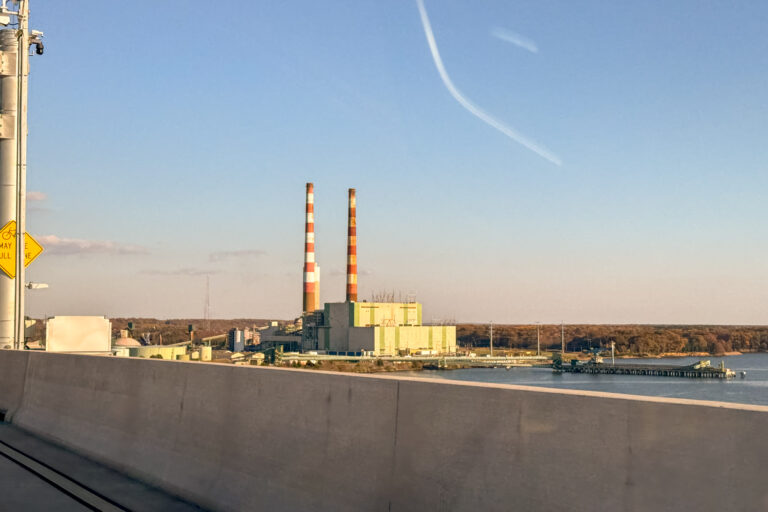
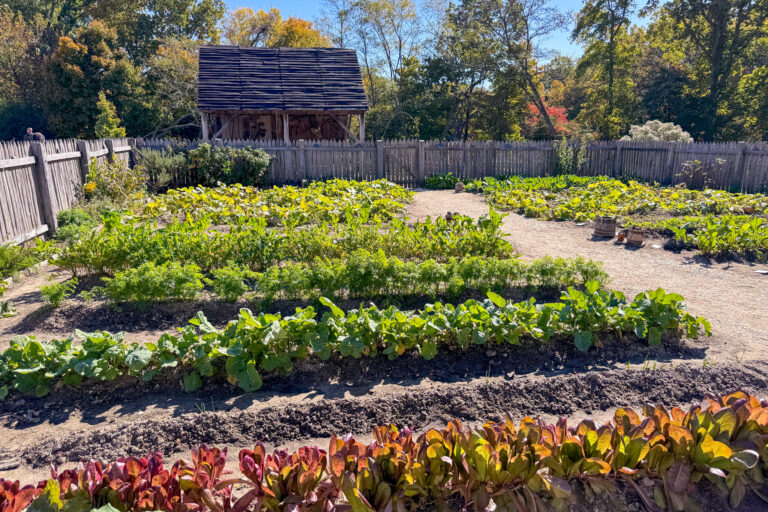
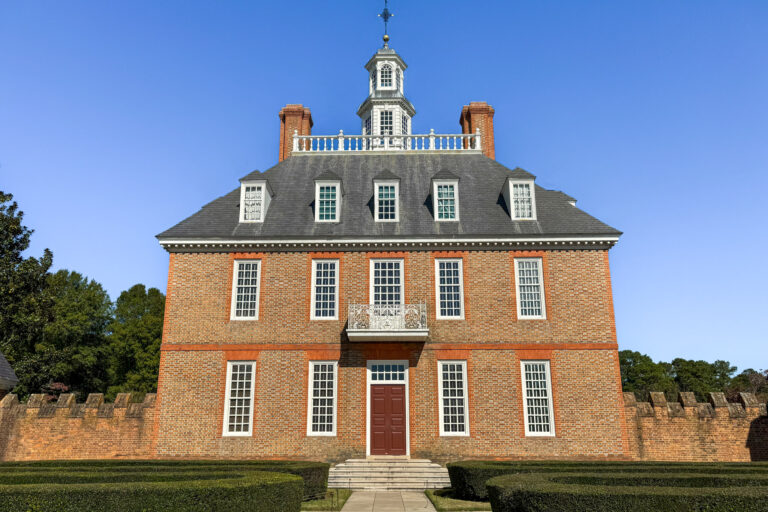
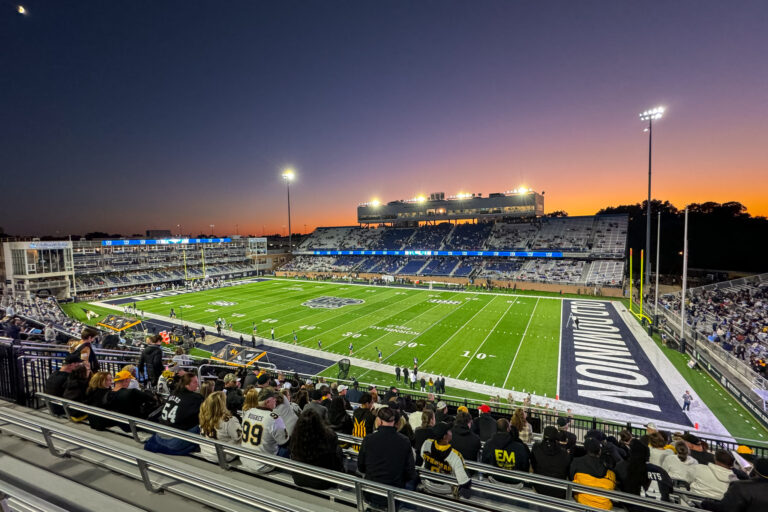
3 Responses
Spectacular mountain views and waterfalls!
Your hotels are charming and all the food looks delicious!
I would never walk on that glass walkway!!!
Enjoy every moment!
We are really enjoying your posts. Feels like we are traveling along with you!
Day 5…beautiful photos of food, Roman bridge, the long hallway, flowers in the perfect lighting, glass flooring, the beautiful Caprese salad, the Gelato pie, and the gorgeous tulip photo.
Just an opinion: I think y’all need to get more pictures of the two of you in the same picture.
Also, I love to say “Chamonix.” We may get two more kitties just so we can name them Chamonix and Caprese!
Au revoir…